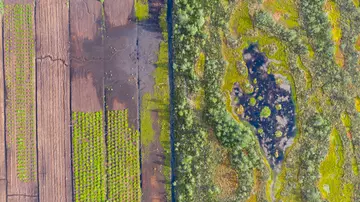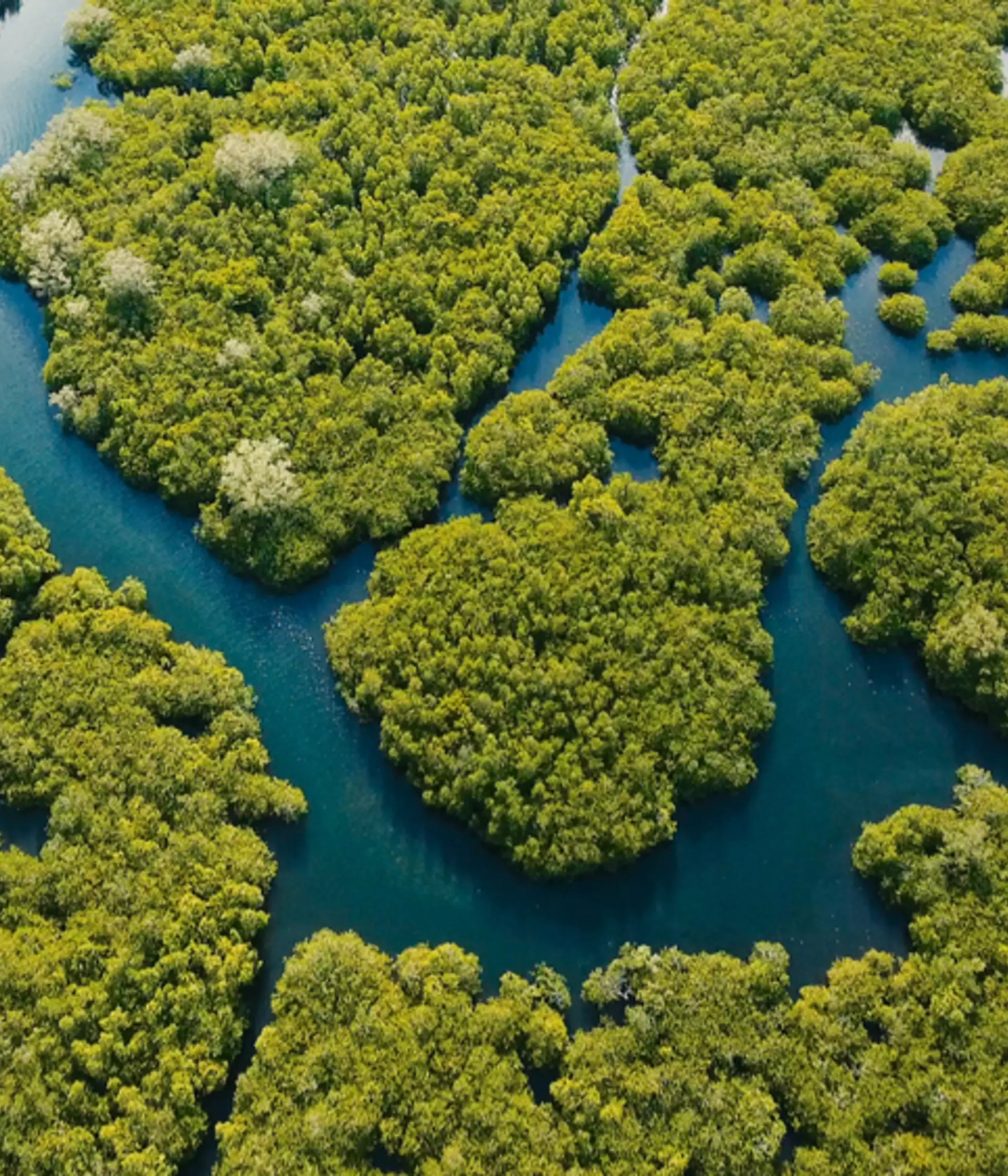
Climate change is a major threat to biodiversity, ecosystem services and human well-being.
Mitigating its devastating effects on living organisms and societies is increasingly at the heart of environmental management strategies, which need to be informed by the most cutting-edge science available in order to succeed.
Predicting the ecological, economical and societal consequences of climate change requires a novel scientific approach that goes beyond traditional ecological research – we now need to capitalise on novel technologies, encourage collaboration between research disciplines, engage with society, and support decision-making processes at local, national and international levels.

How can we make a difference?
Vital research at the Institute of Zoology is improving our understanding of how climate change impacts the distribution and functioning of biodiversity and how it interacts with other threats, such as habitat loss, habitat fragmentation, poaching, disease and invasive species.
Our work evaluates species ecosystem vulnerability to global environmental change and explores how multiple environmental agendas can be integrated for the benefits of wildlife and people in the face of increasingly challenging climatic conditions.
Our work aims to:
- Identify the populations, species and ecosystems most vulnerable to change in climate and prioritise the most effective conservation actions.
- Improve our understanding of the drivers and consequences of species re-distributions driven by climate change.
- Develop, implement and promote wildlife-based measures to climate change mitigation.
The impact of climate change on species redistribution in the UK
Many species in the UK are on the move in a desperate attempt to adapt to changing climatic conditions.
